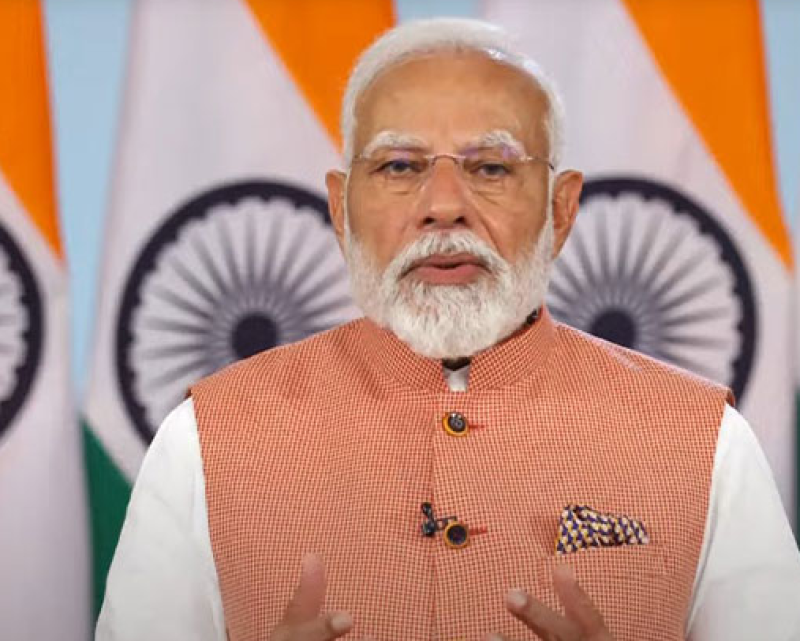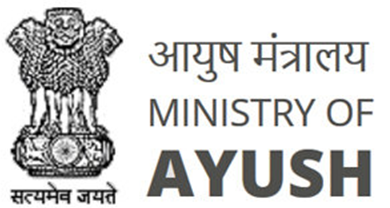Prime Minister Shri Narendra Modi addressed the Emerging Science, Technology & Innovation Conclave 2025 today, highlighting India’s growing leadership in research, innovation, and digital transformation. He called for making science and technology ethical, inclusive, and human-centric to ensure equitable growth for all sections of society.
Congratulating India’s women’s cricket team for winning their first-ever Women’s World Cup, the Prime Minister said the team’s victory will inspire millions of young Indians. He also lauded Indian scientists for successfully launching the country’s heaviest communication satellite, terming it a proud moment for the nation.
India’s R&D and Innovation Ecosystem on a Growth Trajectory
PM Modi underlined that the 21st century marks an era of exponential change in the global order and that India is advancing rapidly in emerging domains. He noted that the government has established the Anusandhan National Research Foundation and launched the Research, Development and Innovation (RDI) Scheme with an allocation of ₹1 lakh crore to boost research and innovation.
“Our goal is to empower scientists, researchers, and the private sector alike. For the first time, capital is being made available for high-risk, high-impact projects,” he said.
The Prime Minister emphasized that India’s R&D expenditure has doubled in the past decade, while patent registrations have grown 17 times. India now ranks as the world’s third-largest startup ecosystem, with over 6,000 deep-tech startups working in clean energy, advanced materials, and frontier technologies. The bio-economy, he said, has grown from $10 billion in 2014 to $140 billion today.
Empowering Innovation and Education
PM Modi announced that the government will set up 25,000 new Atal Tinkering Labs, in addition to the existing 10,000, where over 1 crore school students are already experimenting with curiosity and creativity. He also noted that the Prime Minister’s Research Fellowship has been highly successful and that 10,000 additional fellowships will be offered over the next five years to strengthen R&D.
Highlighting India’s achievements in education and research infrastructure, he said that 7 new IITs, 16 IIITs, and hundreds of new universities have been established, while the National Education Policy allows students to pursue STEM courses in their local languages.
Women Leading India’s Science and Technology Drive
Praising women’s growing role in science, technology, and research, the Prime Minister said that the number of patents filed by women annually has increased from fewer than 100 a decade ago to more than 5,000 now. “Women constitute about 43% of STEM students in India, higher than the global average. This is a matter of immense pride,” he said.
Building Ethical and Human-Centric AI for the World
Referring to the growing influence of Artificial Intelligence, PM Modi said India is shaping the global framework for Ethical and Human-Centric AI. Under the India AI Mission, over ₹10,000 crore will be invested to ensure AI benefits every section of society.
He added that India’s upcoming AI Governance Framework will balance innovation with safety and that the Global AI Summit, to be hosted by India in February 2026, will give further impetus to these efforts.
A Vision for a Developed India through Science and Technology
PM Modi urged scientists to focus on emerging challenges and opportunities — from developing bio-fortified crops for nutrition security and bio-fertilisers for soil health to mapping India’s genomic diversity and creating clean energy storage solutions.
“Our government stands firmly with every innovator. We are committed to funding research and empowering scientists. I am confident this Conclave will set a collective roadmap to take India’s innovation journey to new heights,” he said.
Concluding his address, the Prime Minister reiterated that India is no longer just a consumer of technology but a pioneer of transformation through technology.


